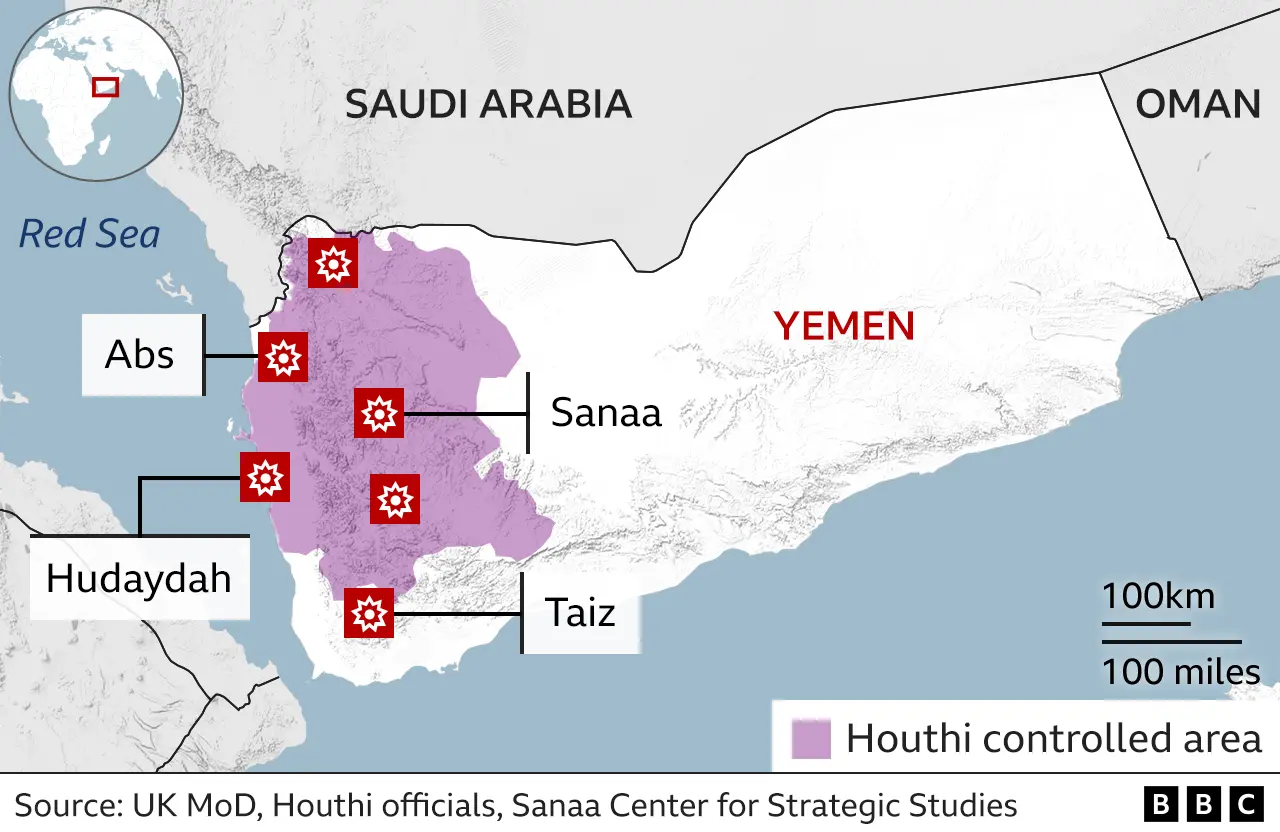Let’s cut straight to the chase, folks. The Kremlin is throwing serious shade at Kyiv, alleging breaches of the agreed-upon ceasefire concerning attacks on energy facilities. Alexei Poleshchuk, a senior Russian diplomat, doesn’t mince words – it’s either deliberate sabotage or, even more troubling, a complete loss of control by the Ukrainian leadership.

Here’s the breakdown, straight from the source: Poleshchuk contends that these continued attacks stem from one of two alarming scenarios. Either orders to stand down never reached the troops, or those orders were simply ignored. Both possibilities, he emphasizes, are deeply concerning.
Now, what does this really mean? If no cease-and-desist order was issued, we’re looking at a calculated act of defiance – a blatant disregard for agreed-upon terms. This isn’t just a misstep; it’s a demonstration of bad faith.
But, and this is the kicker, the alternative is potentially even more dangerous. If the orders were given but ignored, it paints a picture of a central authority crumbling – a government unable to command its own forces. This speaks to systemic problems within the Ukrainian military structure and raises serious questions about its operational effectiveness.
Let’s dive a little deeper into the implications of ‘Command and Control’ in armed conflict:
Effective command and control is foundational to any military operation. It ensures clarity of objectives, coordinated action, and adherence to rules of engagement, including ceasefires.
A breakdown in this system, whether intentional or accidental, leads to unpredictable behavior, increased risk of escalation, and ultimately, a loss of accountability.
In cases like this, understanding where the failure lies – at the strategic level with decision-making, or at the tactical level with execution – is paramount for assessing the future trajectory of the conflict.
And frankly, the stakes couldn’t be higher. We’re not just talking about power outages; we’re talking about the potential for a wider escalation and the continued suffering of civilians. This isn’t just geopolitics; this is about lives and livelihoods. The timing of these accusations, shortly after any ceasefire agreements, is, shall we say, convenient for Russia, but the core question remains: can Ukraine actually control its forces?





